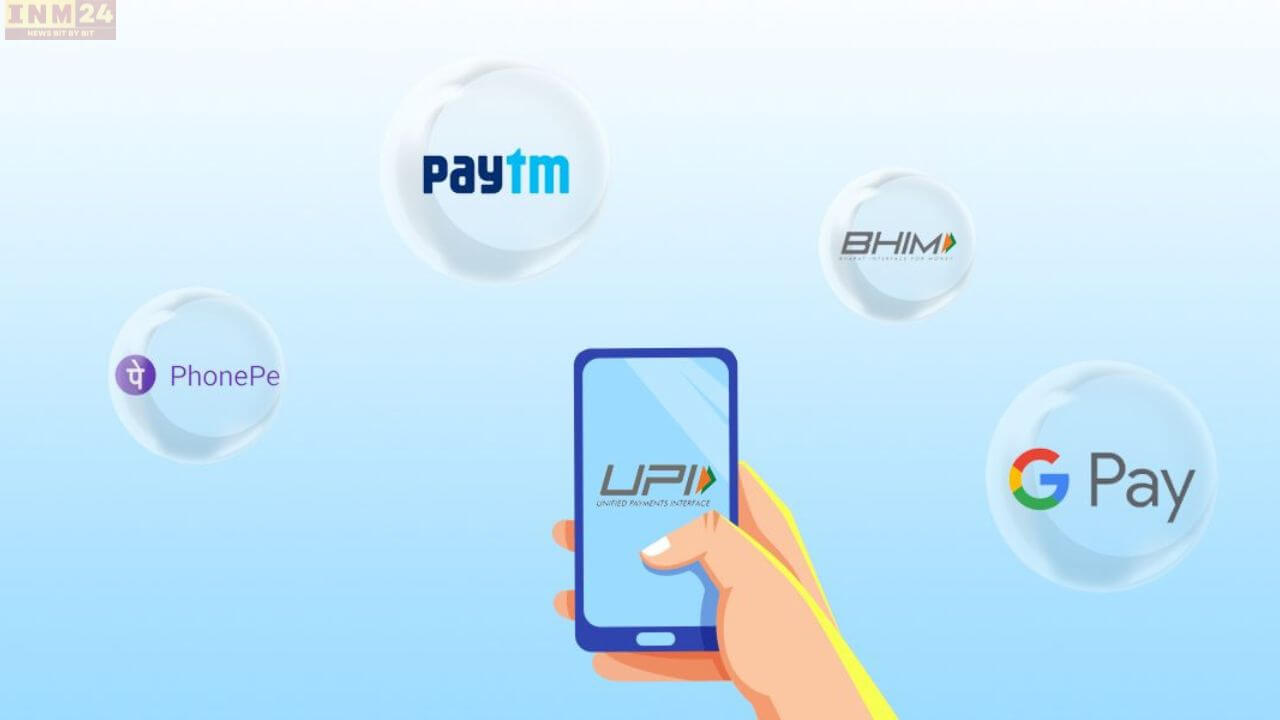Once again, the debate over imposing charges on UPI payments has taken center stage, leading to a clash between fintech companies and the government. While fintech companies express concerns about potential losses, the government remains adamant about not allowing such charges.
Digital Evolution: UPI’s Role in Cashless Transactions
In the current era, almost everyone has become a part of the digital world, and making cashless payments has become the norm. The likes of PhonePe and Google Pay dominate the market, offering seamless digital payment experiences. Currently, UPI transactions do not incur any charges. However, recent discussions suggest the possibility of levying charges on UPI transactions. The issue is causing friction between fintech companies and the government, with companies pressing for the right to impose charges.
Government Faces Pressure to Introduce Charges
With the restriction on Paytm Payments Bank due to the ban on merchant discount rates (MDR), PhonePe and Google Pay are reaping the benefits in the UPI market. Fintech companies argue that a system similar to credit cards, involving a merchant discount rate (MDR), is necessary for their long-term sustainability in the market. They claim that a zero MDR business model is causing financial losses. To counter these losses, these companies have raised the issue of introducing charges on UPI payments, putting pressure on the government to consider their demands.
Concerns Over Fintech Companies’ Losses
Fintech companies operating in the UPI space are expressing concerns about the financial losses they may incur due to the current business model. According to their statements, a zero MDR business model is unsustainable, and they need alternative revenue streams to stay viable in the market. The issue of imposing charges on UPI transactions has become a focal point in discussions between fintech companies and the government.
Market Dominance: PhonePe and Google Pay
PhonePe and Google Pay have established dominance in the Indian UPI market, capturing approximately 80% of the market share. The ban on Paytm Payments Bank has further strengthened their positions. In the aftermath of the RBI ban on Paytm, UPI transactions on the platform decreased from 1.4 billion in February to 1.3 billion. This shift in UPI transactions has significantly benefited PhonePe and Google Pay.
The ongoing debate over UPI payment charges reflects the evolving landscape of digital transactions in India. Fintech companies, especially PhonePe and Google Pay, are pushing for changes to ensure their sustainability, while the government remains cautious about introducing charges that might impact the widespread adoption of digital payments. The resolution of this debate will significantly shape the future of UPI transactions in India.
